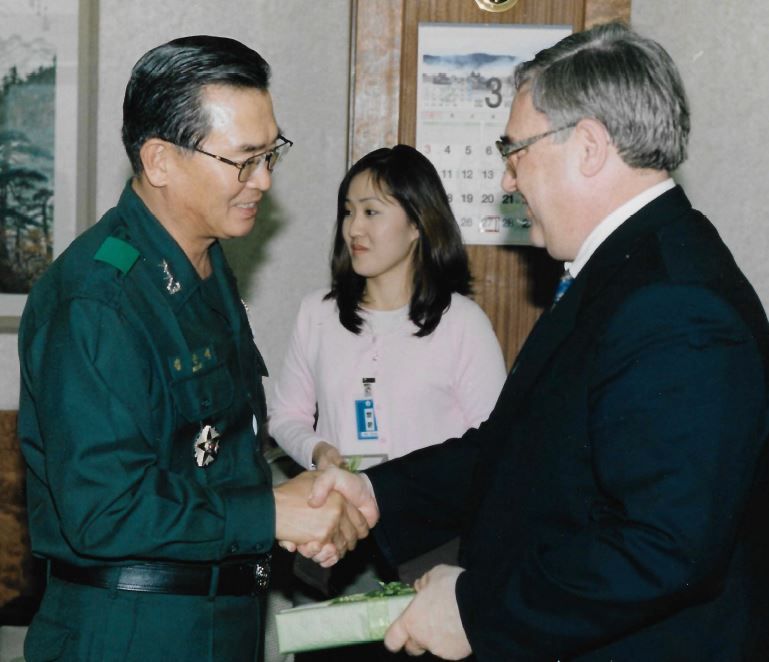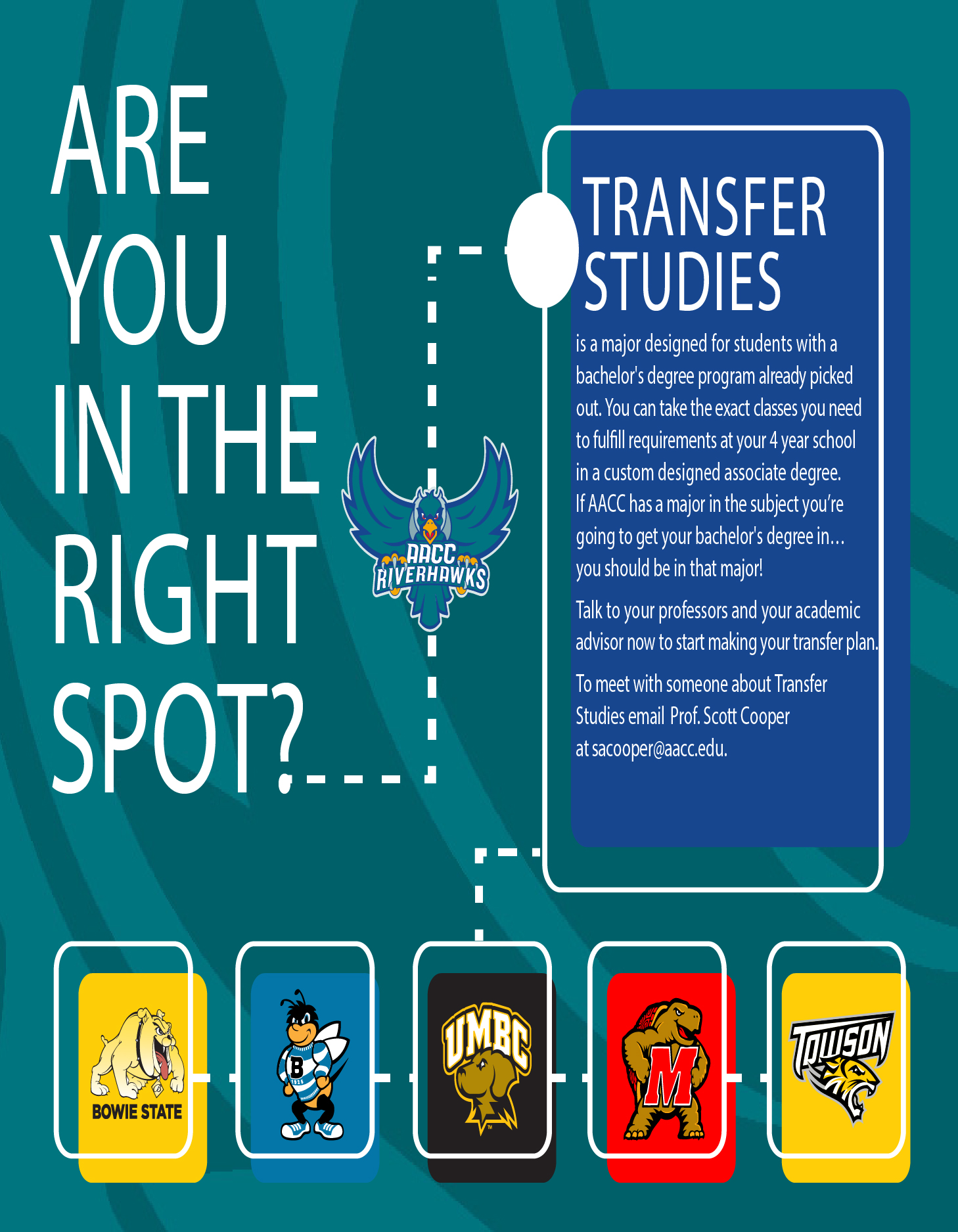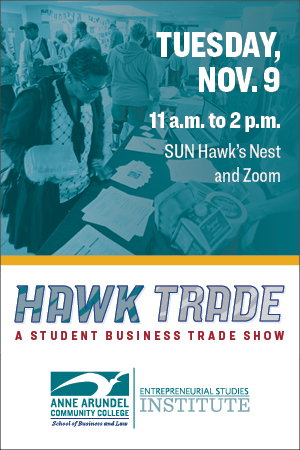On Veterans Day, student vets talk pros, cons of college life
Dr. John Bodnar, an adjunct instructor and student at AACC, says he likes talking to younger students about his experience in the military. Shown, Bodnar meets with a representative of the South Korean Biological Warfare intel office.
November 11, 2020
The best way for students to honor their classmates who are veterans might be to listen to their stories.
Student veterans told Campus Current in November that most people greet them with, “Thank you for your service,” but a better way would be to take an interest in their experiences.
“Not many people will understand … how their lives have changed and what they’ve gone through,” former military police officer Joi Youmans, a first-year cybersecurity student, said. “But, you know, just try to show appreciation.”
Veterans Day is Nov. 11.
Still, “Thank you for your service … [is] nice to hear, but I don’t want people to say that out of obligation,” Joseph Winkler, a second-year biology student who served in Afghanistan, said. “As long as it comes from a sincere place, I think that’s all right.”
Second-year computer science student Samson Reis, a veteran, agreed.
“There’s a degree to which it’s just like a handshake,” Reis said. “And just when someone might take an interest in a story you have or something like that, that’s when I feel more, I guess, appreciated.”
Enrolling in college after they left the military has helped some veterans find structure in a civilian world.
Reis, who enrolled in a Louisiana college before he served, dropped out because he had poor study skills, he said.
After he left the military and enrolled at AACC, he did better, he said.
“There was a very regimented study structure [in the military], and when I got back to school in the civilian world … I would say [school was] actually less challenging because of what the military gave me while I was there.”
Kat Schorr, a student success and retention adviser who works with AACC’s Military/Veteran Resource Center, said that kind of discipline often makes good students out of veterans.
“By the time they are a veteran and come to AACC, they’re a lot more mature so they’re a little bit more prepared for the responsibilities of being a student,” Schorr said. “They tend to be more organized, or at least they take those organizational skills that they’ve gained through their training, and use it when they get here and while they’re functioning as a student.”
Some of the vets said they struggled with math when they came back to school after a long absence.
“It’s been 10 years at least since I’ve done any kind of serious math,” Winkler, said. “Any math isn’t taught the same way it was when I was in high school and what not.”
Desert Storm veteran Regina Logan, a transition specialist who works at AACC, agreed.
The AACC alum said, “The world of academia was quite challenging and within that, math was. So it wasn’t until … I found out about all of the resources that were available to me, meaning, tutoring and we actually had a couple vets that were really good at math. So I was able to link with them and I went from F to an A.”
Logan also said her age presented a challenge.
“So, I’m a lot older than a lot of your average community college students,” Logan said. “The age thing was quite challenging for me in class, but I got past it. You know, you just get your feet wet and you become acclimated to the way in the culture of the campus.”
The veterans said they appreciate the programs the college has to support veterans and they like the connections they have made with other vets.
Winkler pointed to the Military/Veteran Resource Center and SASP–Student Achievement Success Program–as helpful resources.
“When we were going to school on campus, it was great, just stop in [the Veteran Resource Center] to say hi to other people,” Winkler said. “Just knowing that there’s other veterans, there are other people that are going through the same thing you’re going through, whether it’s for emotional support, whether it’s for scholarly support, whether it’s filling out different paperwork or even just getting coffee and a snack is a great thing.”










